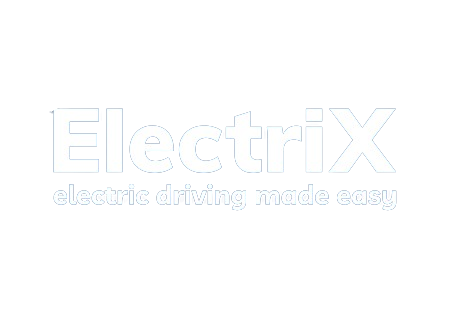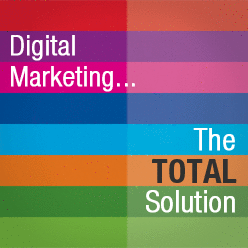In case you missed it see what’s in this section
Let's Talk
Your Total Guide To business

Ask the Experts: Intellectual Property
Question: What are the best practices for protecting Intellectual Property?
Every business owns intellectual property, whether it is the business name, branded products or services, patented technology, confidential information, valuable know-how, databases of contacts and clients, or cutting-edge software.
Websites, Apps, Photographs & Brochures
All are copyright works, but if you commission another business to create them for you, do you own the copyright in them? No, you don’t – the company you commissioned does. Often that’s fine as you may have an exclusive licence to use the works. But what if, say, you wish to make changes to your website, and the website developer has significantly increased its costs? Can you ask another developer to amend and update the website instead? It is likely that the answer would be “No” and you might need to create an entirely new website. How often have you searched the internet for content/images for presentations and used these without obtaining permission or paying a licence fee? There are countless examples of people using images obtained on-line and including in reports, websites, other content/publications and finding themselves subject to litigation for breach of someone’s IPR.
What’s in a Name?
Business names, company names, domain names, social media account names, product names. All have one thing in common – the name. When thinking of a new name, it is essential to research your industry sector and make sure that no one is already using the same name or one that might be confusingly similar in relation to the same or similar products or services. If they are, you will look back with the clarity of hindsight and realise that the cost of a thorough trade mark clearance search would have been far smaller than the expense of litigation and a rebrand.
Inventions & Patents
There is a reason why the Dragons on Dragons’ Den ask inventors if they have applied for a patent. Before going public with any new invention, you should always ask yourself whether you may be able to obtain a patent, and if so, if it would be worth it. Because if you don’t have a patent and your invention is in the public domain, anyone can copy your invention and they will not have to pay you anything, no matter how much time, effort and money you spent inventing it.
Weather in Bristol
Listings















